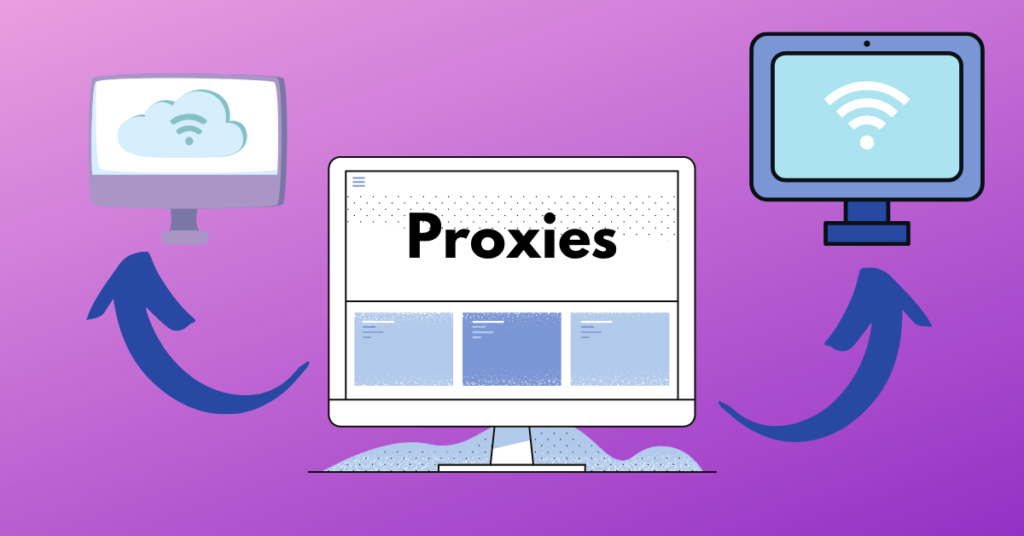
A proxy server, known as a proxy, separates end user experiences from web browsing to ensure user anonymity. However, proxies should be mindfully chosen based on browsing or company needs. Furthermore, proxies can vary in aspects of functionality, privacy, and security. Yet, YiLu Proxy offers ample of features with their proprietary and rotating residential SOCK5 IP addresses to always meet desires and expectations.
Server Configurations
The general process regarding proxies hiding identities while browsing online is that the user first enters the URL into their website browser, where the proxy will receive the URL request to forward to the web page or server. When the proxy receives the request from the user, it will mask the user’s IP address with the proxy’s IP address when outputting the request to the webpage. After the connection is secured between the user and the webpage, with the proxy server acting as a mitigating gateway, the connection will be stabilized, or an alert will be given to the user on safety concerns and will either send the user an error message or redirect page. These alerts and firewall feature ensures that users’ information remains private and secure.
Server Types
The four most common proxy server types are forward, reverse, anonymous, and protocol. Forward proxy servers are most commonly used and follow the aforementioned general process. A reverse proxy server is the opposite of its forward counterpart, which restricts users’ access, which would be beneficial for companies to use with inquiring and portal options. For anonymous proxy servers, there are three levels: 1, 2, and 3.
Level 1 anonymity masks IP addresses, and the relayed IP address is not reflective or tied to the proxy in which the IP address may even automatically change throughout the browsing experience. Then, Level 2 anonymity, also called a distorting proxy, changes the geolocation of the IP address, but web pages can still identify it as a proxy IP address. The most common Level 2 proxy is the onion router (TOR), which comes with decrypting, encrypting, and re-encrypting web request features. Lastly, Level 3 anonymity is called transparent proxies and is most straightforward to set up, but they do not conceal identifying user information like Level 1 and 2. Usually, the Level 3 option is used by public entities, like libraries and schools.
Next are protocol proxy servers, and there are plenty of them, namely HTTP, HTTPS, SOCKS, SIP, SMTP, FTP, DHCP, DNS, and Smart DNS. Overall, SOCKS (Sockets Secure) is the most reliable, and SOCKS5, offered by YiLu Proxy, is often called a VPN alternative. SOCKS5 uses transmission control protocols (TCPs) that regulate third-party servers that can support SHH to maintain and amplify secure connections with mobile or online applications – this option is highly recommended for gamers, streamers, and those that torrent.
IP location (i.e., source) and mobile proxy servers exist. Source proxy servers can be divided into data center and residential proxy servers. Data center proxy servers are not affiliated with an ISP and create artificial IP addresses. In contrast, residential proxies can be either rotating or static. YiLu Proxy offers over 90 million residential proxy IP addresses from all over the globe to help users hide their identity online.

